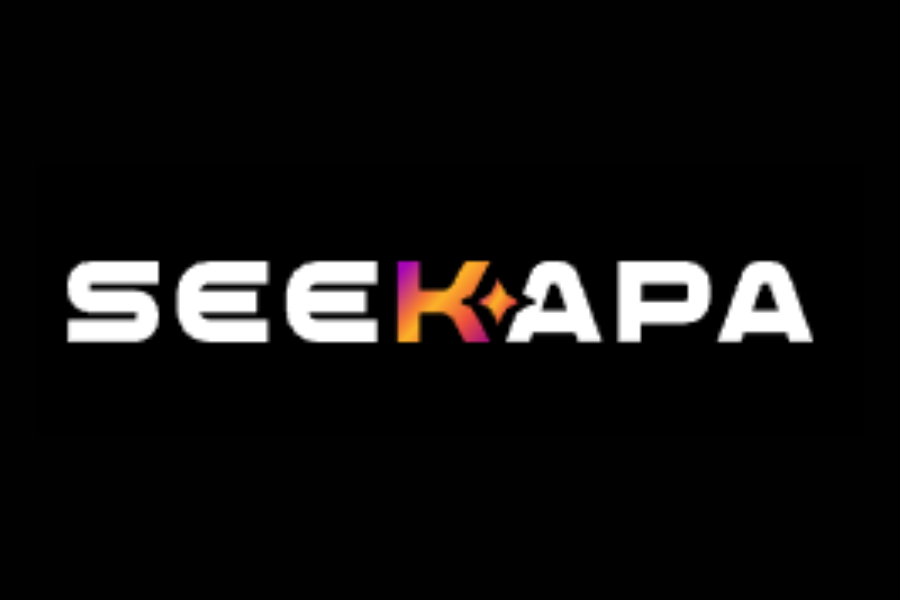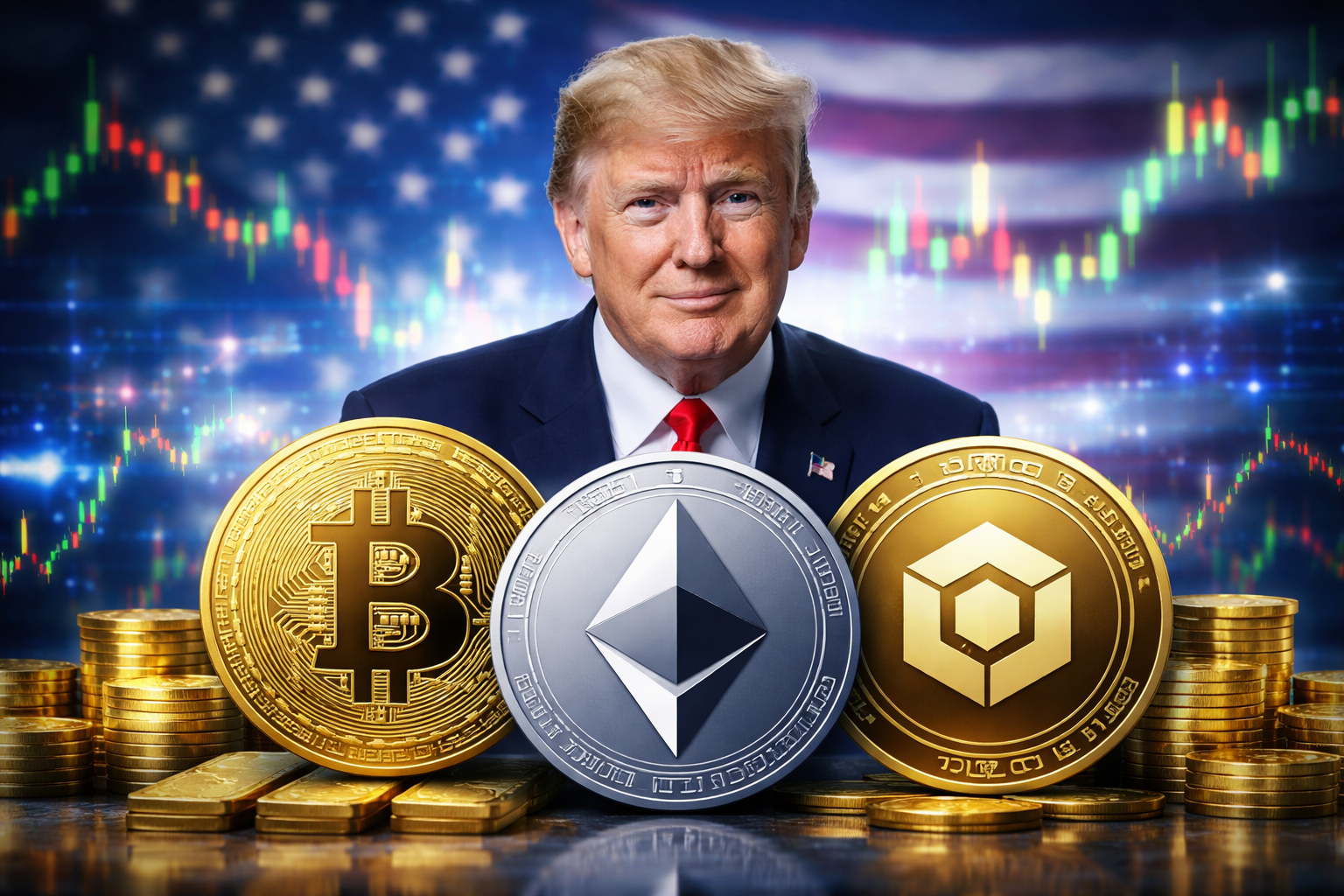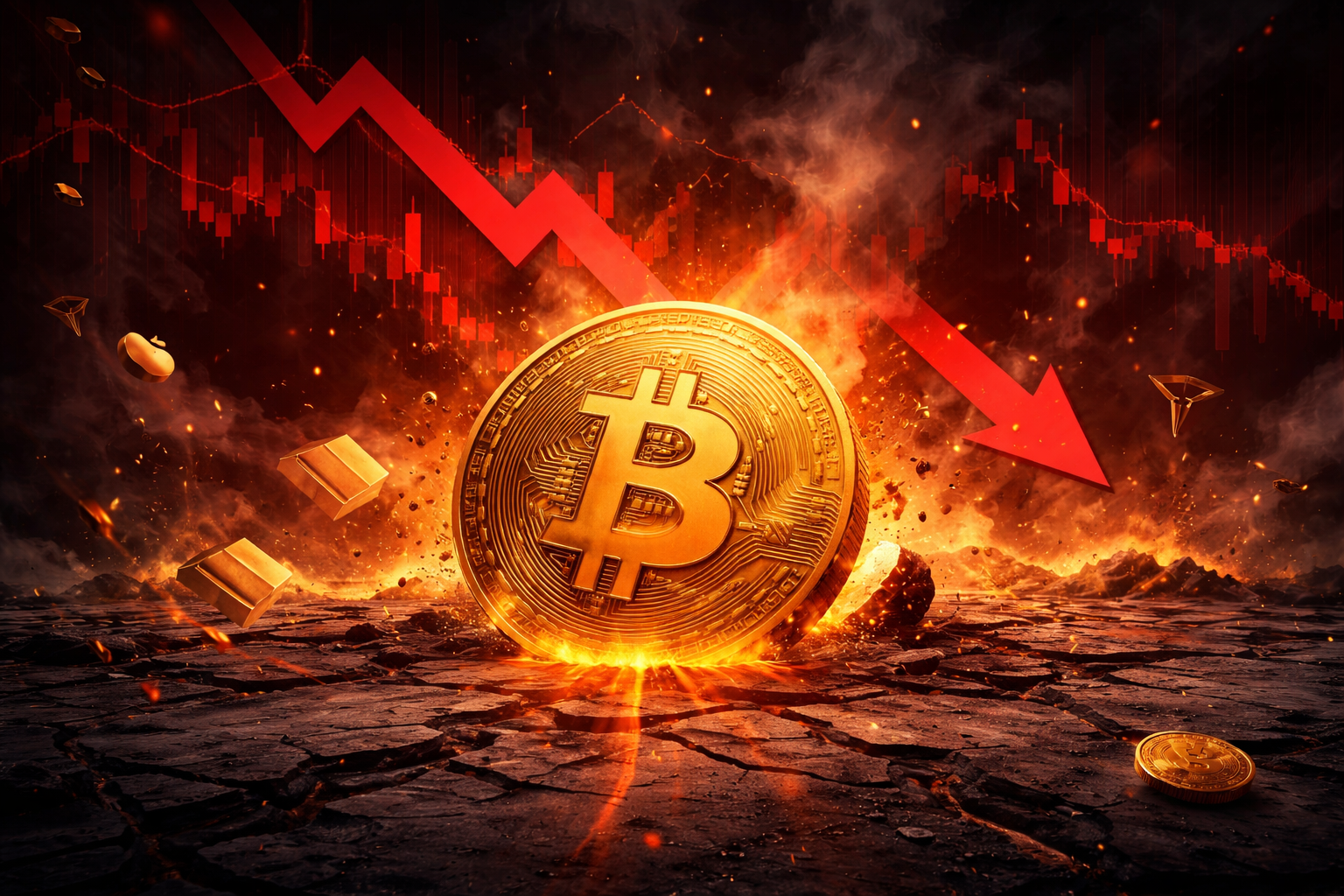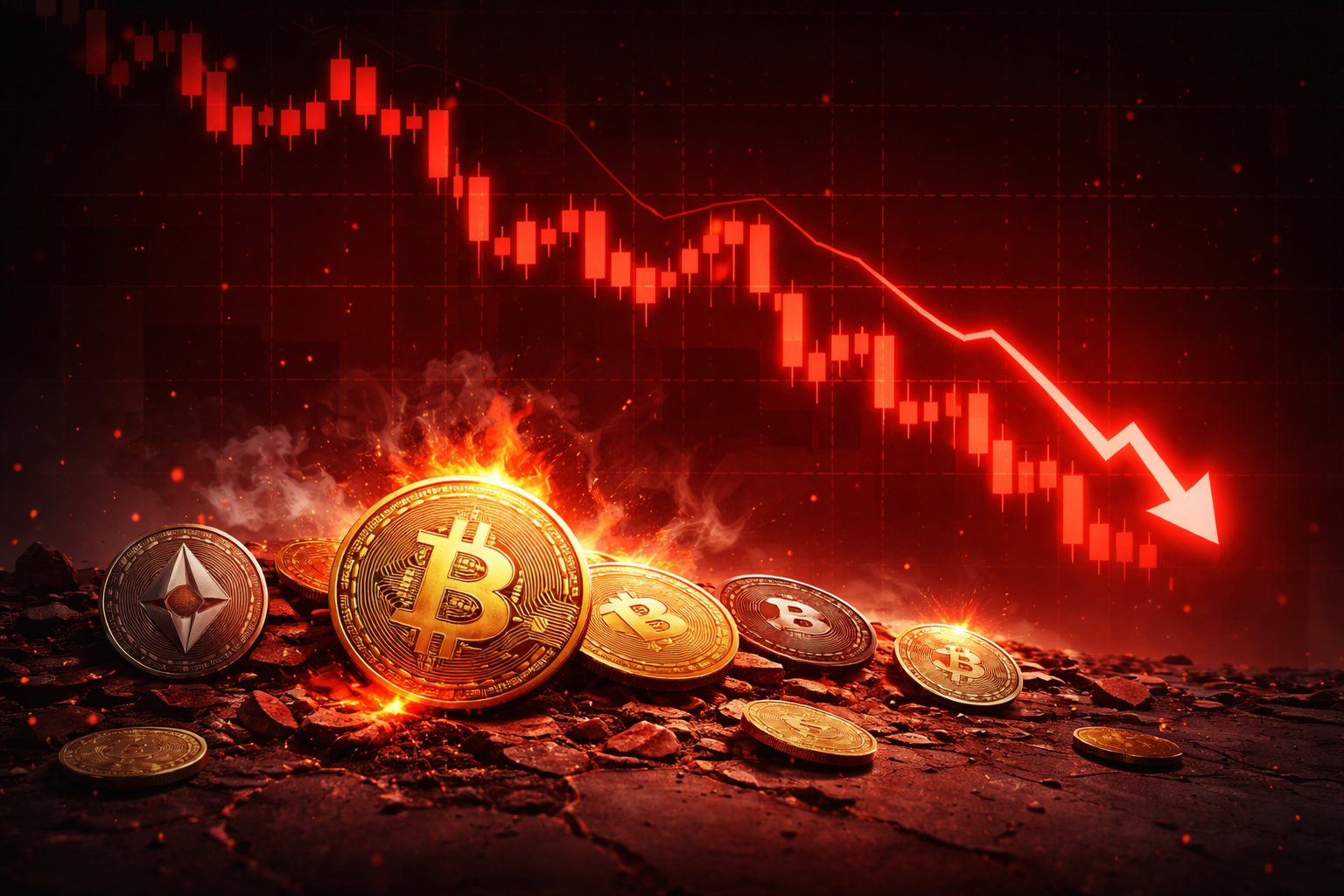Altcoin News
The Metaverse Altcoins
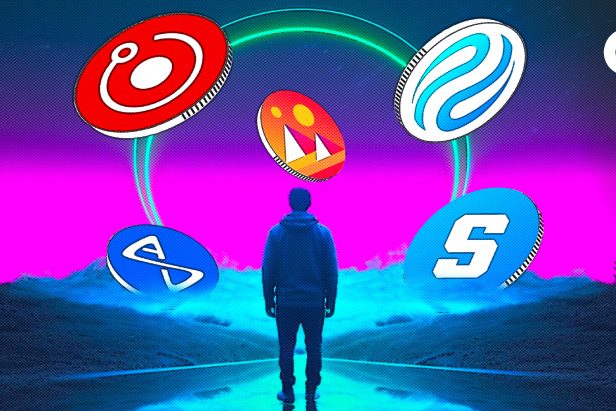
The concept of the metaverse has taken the tech world by storm, fueled by the rise of immersive technologies, augmented reality (AR), virtual reality (VR), and blockchain. As the metaverse continues to capture our collective imagination, it’s essential to explore the role of altcoins within this digital realm. In this article, we’ll dive into the metaverse and how altcoins are shaping the future of digital realities.
Metaverse: A Digital Frontier:
The metaverse is a virtual universe where digital and physical worlds merge, offering users immersive, interactive experiences. In this space, individuals can create avatars, socialize, trade, build virtual properties, and even conduct business. It’s a convergence of technology, entertainment, and social interaction, and altcoins are playing a pivotal role in its development.
The Role of Altcoins in the Metaverse:
- Digital Assets and NFTs: Altcoins are instrumental in powering the metaverse’s digital economy. They facilitate the creation and trading of non-fungible tokens (NFTs), which represent ownership of unique digital assets, including virtual real estate, art, collectibles, and in-game items.
- Gaming and Virtual Goods: Many metaverse projects are built around gaming and virtual experiences. Altcoins like Decentraland’s MANA and Axie Infinity’s AXS are used for in-game transactions, asset ownership, and governance within these virtual worlds.
- Blockchain-Based Identity: Altcoins contribute to the creation of decentralized identity systems that are crucial for the metaverse. They enable users to have self-sovereign identities and control over their digital personas.
- Blockchain Interoperability: Altcoins that focus on interoperability play a key role in connecting different metaverse platforms and ensuring assets and data can be seamlessly transferred between them.
- Governance Tokens: Decentralized metaverse projects are often governed by tokens, allowing users to have a say in the development and evolution of these virtual spaces.
The Decentralized Metaverse:
Decentralization is a core principle of many metaverse projects. These platforms aim to operate without a central authority, ensuring user control, privacy, and security. Altcoins underpin these decentralized systems, providing the financial infrastructure needed for the metaverse to thrive.
Challenges and Considerations:
- Scalability: As the metaverse grows, scaling blockchain networks to accommodate a vast number of users and transactions becomes a significant challenge.
- Security: Security is paramount, especially in the metaverse, where users may own valuable digital assets. Altcoins must adopt robust security measures to protect user holdings and data.
- User Adoption: The success of the metaverse relies on user adoption. Altcoins must create user-friendly experiences to attract a mainstream audience.
- Regulation: As the metaverse expands, it may face regulatory scrutiny. Altcoins operating within the metaverse must navigate evolving legal landscapes and compliance requirements.
The Future of the Metaverse and Altcoins:
The metaverse is poised to become a massive digital ecosystem, offering limitless opportunities for commerce, entertainment, and social interaction. Altcoins are set to be the financial backbone of this virtual world, allowing users to trade, own, and govern within digital realities.
In conclusion, the metaverse is a bold vision of the future that’s taking shape before our eyes. Altcoins are integral to realizing this vision, offering the means to create, trade, and interact within a digital realm. As the metaverse continues to expand and diversify, the role of altcoins within it is bound to grow, shaping the way we perceive and engage with digital realities. It’s an exciting journey that promises to redefine the boundaries of the digital universe.






